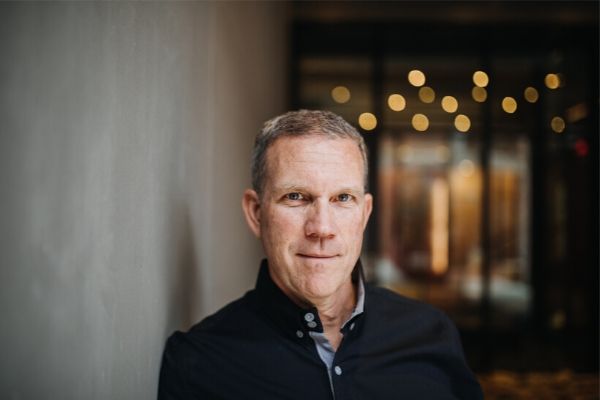
China’s New Innovation Advantage

 Play Video
Play Video
 View Fees
View Fees
Zak Dychtwald is a sought out strategic advisor and frequent global keynote speaker, with expertise in global cooperation, the emerging East and West youth mindset, and the interactions of rising China and the world. He is the Founder and CEO of Young China Group, a think tank and consultancy which works to deepen understanding of the effects of the evolving identity of China’s young generation on the marketplace, workplace, and international politics.
Zak is also the author of the critically acclaimed Young China: How the Restless Generation Will Change Their Country and the World, which explores how the country’s young generation, born after 1990, feels about everything, from money and sex, to their government.
A frequent contribute to Harvard Business Review and sought after expert, Zak has been invited to speak on six continents including Harvard University, The Wall Street Journal's CEO Council Summit, Google’s Next Billion Users Initiative and the Aspen Ideas Festival, among others. He has been named an Asia 21 Next Generation Fellow and recently elected Chair of the American Chamber of Commerce Shanghai Future Leaders Committee.
China’s New Reality
Post-Covid Young China - The New State of Chinese Consumption, Collaboration, and Competition
Come March, it will be time to take stock of what this Post-Covid chapter for China will look like.
Will Young China be the consumer engine they were before COVID? For areas like travel and luxury, it less a question of “what?” - an enormous release of pent up demand - and more a question of “when?” For other consumer sectors, the answers are less obvious after a year of an on-again-off-again economy that has left more young people counting their RMB than getting ready to splurge.
March also marks the newsworthy National People’s Congress, where the political agenda for the next stretch will be defined and Xi Jinping will likely be fully confirmed as China’s next General Secretary.
Potential questions to address:
From Imitation to Innovation: How Will Young China Compete with the US? Can China’s young people be innovative? This is the question defining China’s future. Zak debunks the stereotypes of ‘Copycat China’ and provides a deep dive into China’s emerging innovative firepower. In this keynote, Zak focuses on the social psychology of innovation that could tip the scales in China’s favor in the coming decade. Based on his upcoming Harvard Business Review feature, Zak takes you to the trenches of the country’s tech and investment scene to look at how China is becoming a world-class innovator.
This Session Will Explore:
“Collaboration Across Boundaries: Navigating global business amongst change, culture, and conflict” for companies who work between the US and China